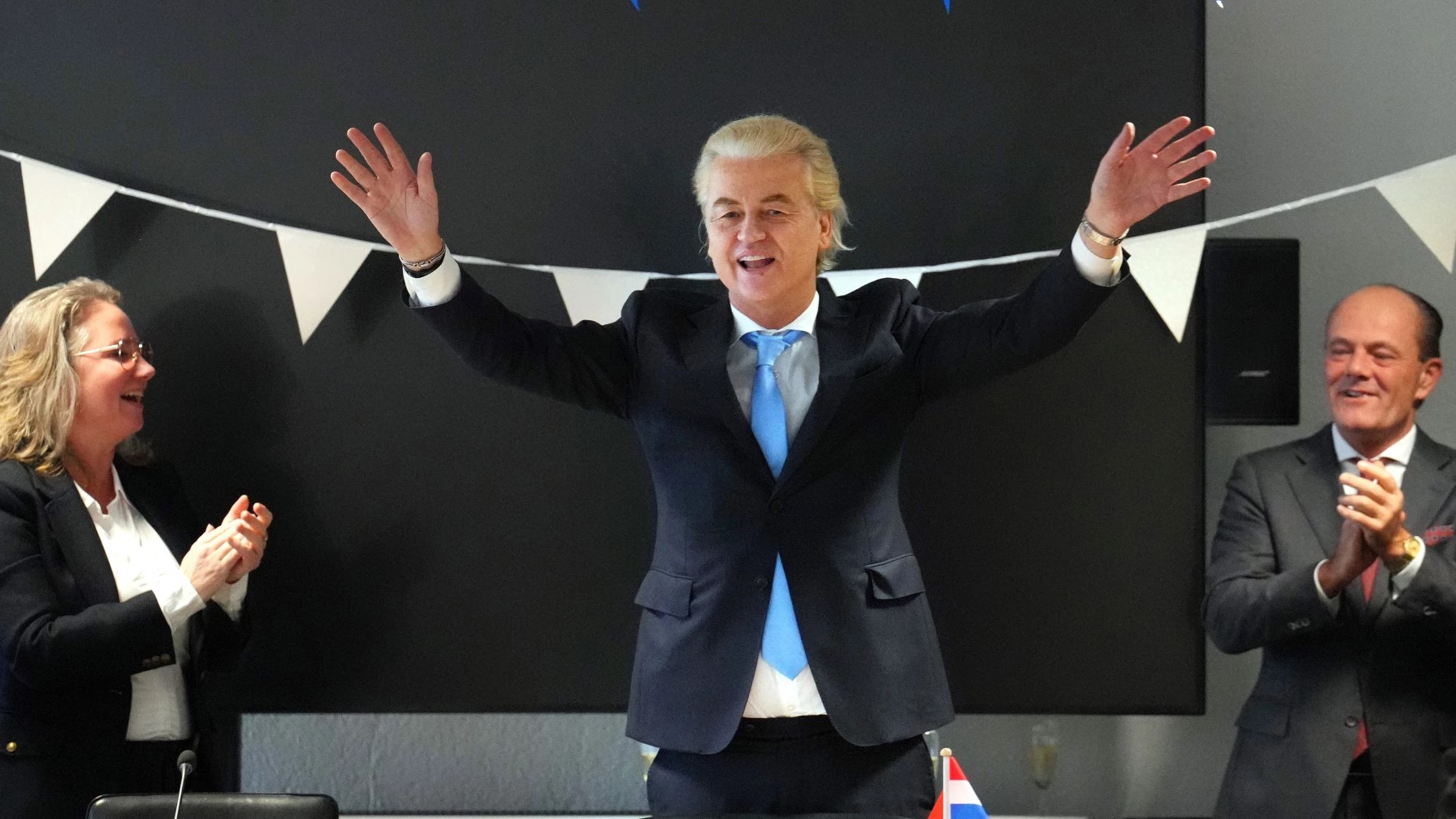Belgium: Where to Now Netherlands?
Share on LinkedIn29 Nov 2023
The Dutch have voted, and the result threatens to become an earthquake.
With an unexpected result of around 25% of the vote, the far-right PVV party around Geert Wilders is the clear winner of the national election, and the question arises, where do you go from here, Netherlands?
Without a doubt, after doubling the results of the last election, the PVV, as the strongest party in parliament, will be looking to install Geert Wilders as prime minister. While initially, most other parties had stated they would not enter into a coalition with the PVV, as reality has begun to sink in, the first indications of a rethinking process have already begun.
Know for his anti-Muslim and anti-immigration policies, among other things, Geert Wilder and the PVV party represent a potential threat to the energy policies currently in place in the Netherlands.
Indeed, if they get their way, the energy landscape in the Netherlands could be in for big changes. Aside from campaigning on leaving the EU, the PVV has also pledged to keep coal and gas-fired power plants in the Netherlands open. Furthermore, they would aim to build more nuclear power plants, and end government programs which subsidise wind and solar projects. This would have a major effect on decarbonisation efforts and raises questions about how companies would position themselves in light of the potential changes. Would companies be tempted to leave the country and move production elsewhere, and if so, what would be the overall economic effect on the Netherlands?
If and when a coalition under the PVV and Geert Wilders comes about, the Netherlands are no doubt in for a wild ride. As it stands at the moment, the previously aggressive targets for reducing emissions would likely be history, and the further developments of the energy markets are unclear.
It remains to hope that any coalition partners, assuming the PVV succeeds in finding any, will have enough influence to steer potential policy changes in the energy markets into less wild waters.
NUS will keep observing developments and report major changes as they occur.
More: Energy Market Commentary, Decarbonization, Energy Regulation, Sustainability
